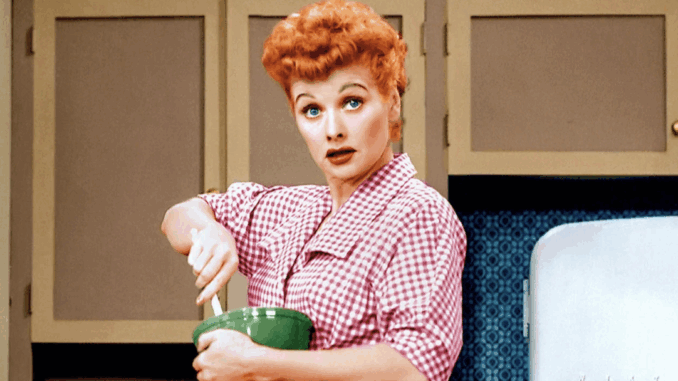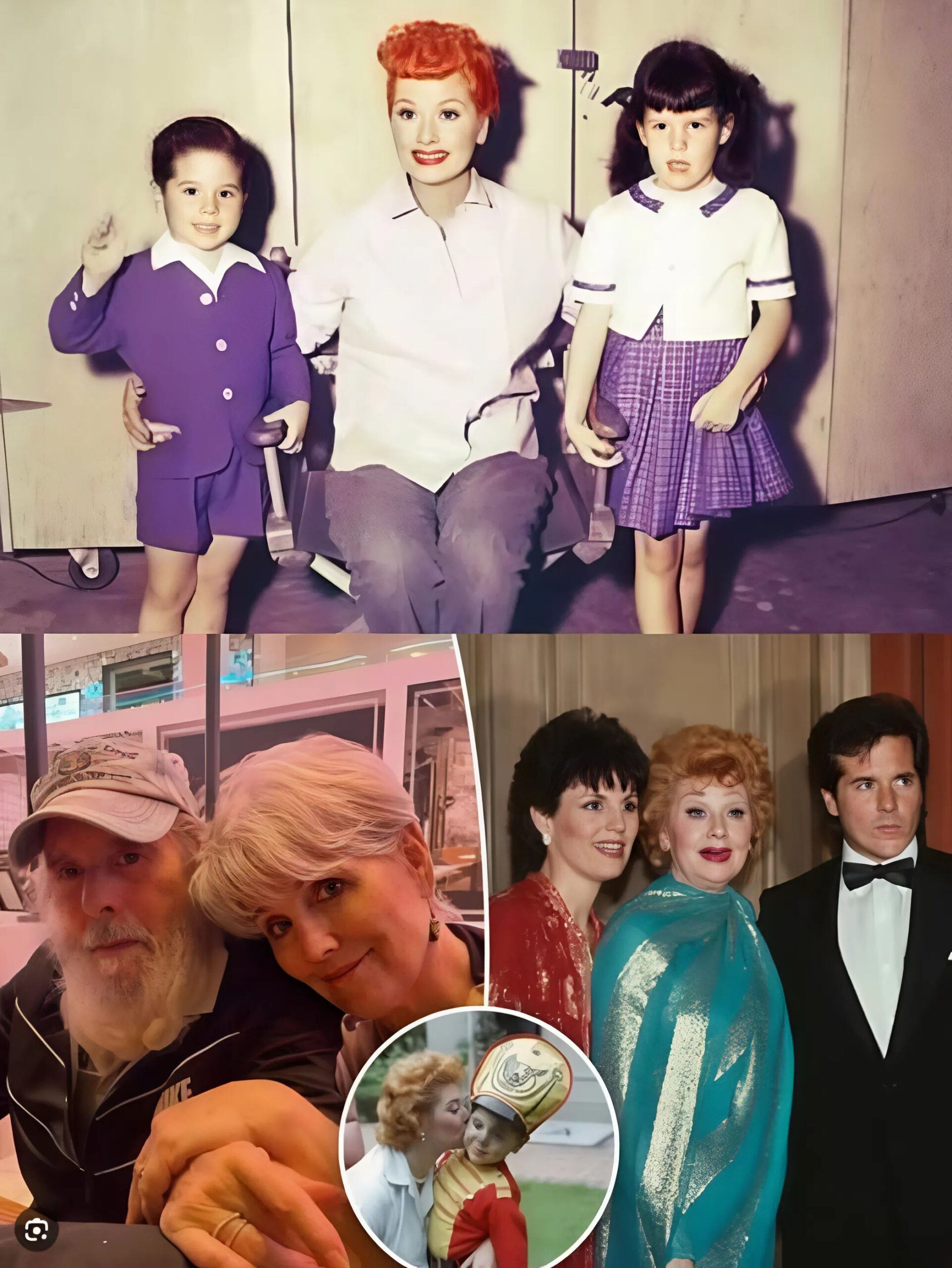
In the vast landscape of viral TikTok trends, some content transcends mere entertainment, sparking genuine conversation. Such is the case with a particular episode of I Love Lucy that has seen a massive resurgence, especially among younger female viewers. The scene in question? Lucy Ricardo’s spirited, often hilarious, but deeply felt rebellion against her role as a stay-at-home wife, demanding the right to work outside the home.
Originally airing in the 1950s, these episodes often depict Lucy’s desperate, comical attempts to join Ricky in the workforce, usually ending in chaotic failure. Yet, despite being presented as comedic hijinks, the underlying message is resonating powerfully with women in 2025, leading to widespread re-sharing and intense discussion within online feminist communities.
Captions accompanying these viral clips often highlight the enduring relevance, like: “Lucy demanded to work in 1952. And in 2025, many women are still… fighting for that right.”
A Radical Idea, Decades Ahead of Its Time
At first glance, Lucy Ricardo’s antics might seem like a relic of a bygone era. However, her fundamental desire for agency, for a purpose beyond domestic duties, and for recognition of her talents was, for its time, a subtly radical notion. While played for laughs, her frustration was real. Many women in the 1950s felt the constraints of societal expectations, even if they couldn’t articulate it as openly as Lucy.
Fast forward to 2025, and while much has changed, the conversation around women, work, and societal expectations is far from over.
The Lingering Echoes in Modern Society
Why does Lucy’s decades-old plea still strike such a chord?
- The “Having It All” Myth: Many women today, even with more career opportunities, still battle the immense pressure to “have it all” – excelling professionally while flawlessly managing domestic life and childcare. Lucy’s struggle to break free from the home reflects a foundational desire that still pushes against modern societal structures.
- Invisible Labor & Undervalued Domestic Work: The show subtly highlights the undervalued nature of domestic labor. Lucy’s insistence on working was often a plea for intellectual engagement and a feeling of contributing to something beyond the home, a sentiment many women still feel when their immense domestic contributions are not formally recognized or compensated.
- Barriers to Entry and Re-Entry: While not explicit in I Love Lucy, the modern discussion extends to barriers women face in the workforce, from pay gaps and lack of affordable childcare to the challenges of re-entering the workforce after raising children. Lucy’s “failures” to secure a job, while comedic, can be seen through the lens of a system not built to accommodate her ambition.
- The Right to Choose: Ultimately, Lucy’s comedic battle for work is a powerful, if exaggerated, assertion of a woman’s right to choose her path. Whether that’s in the home or the workplace, the ability to make that decision freely remains a core tenet of modern feminist discourse.

The unexpected virality of Lucy Ricardo’s “rebellion” on platforms like TikTok is a testament to the timeless power of great storytelling and the enduring relevance of issues that women continue to navigate. It proves that even classic sitcoms can be powerful tools for reflection and discussion, reminding us how far we’ve come, and how much more there still is to achieve.